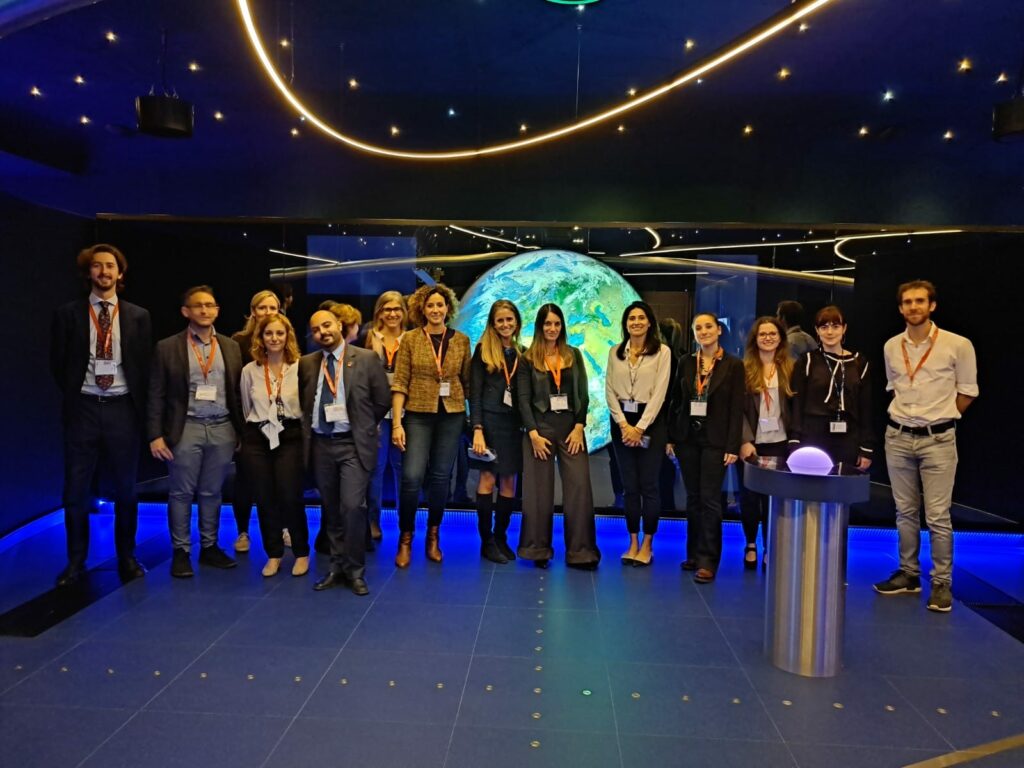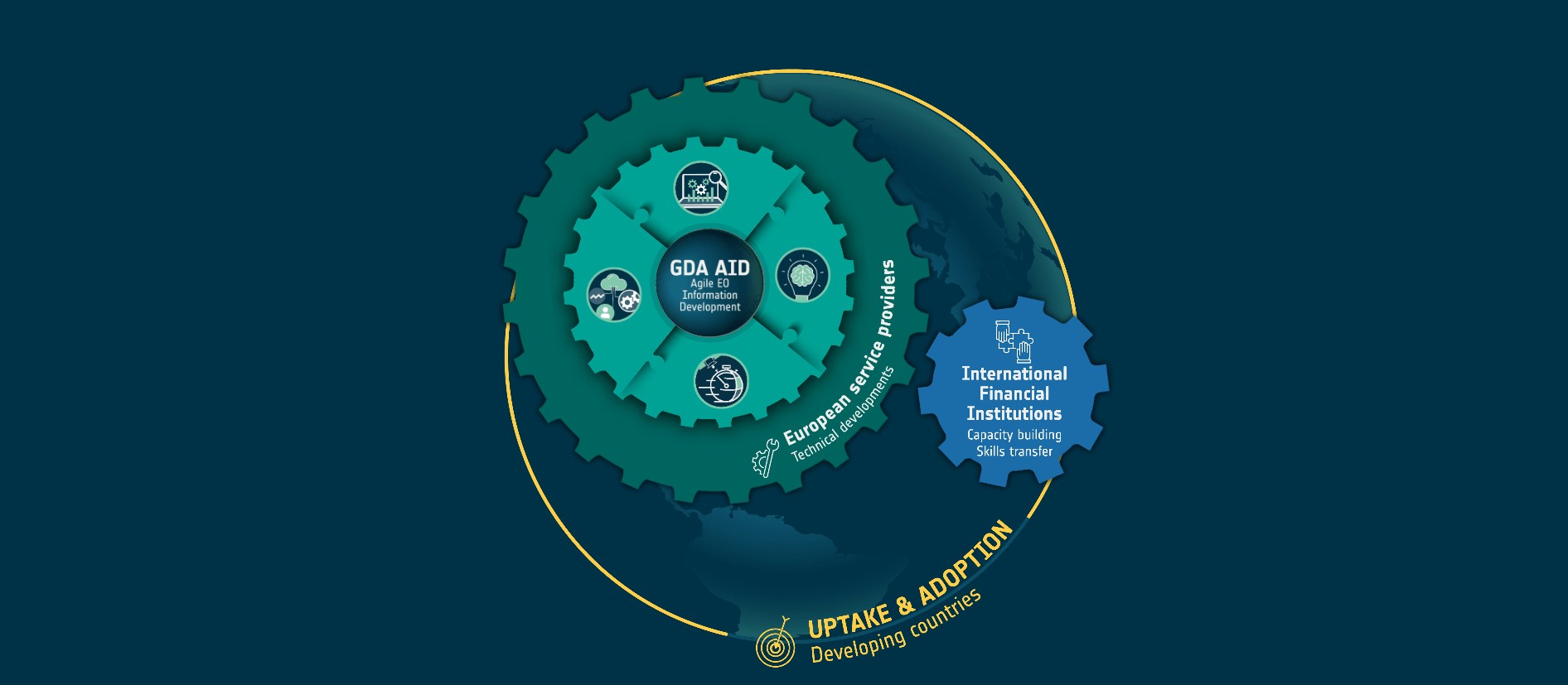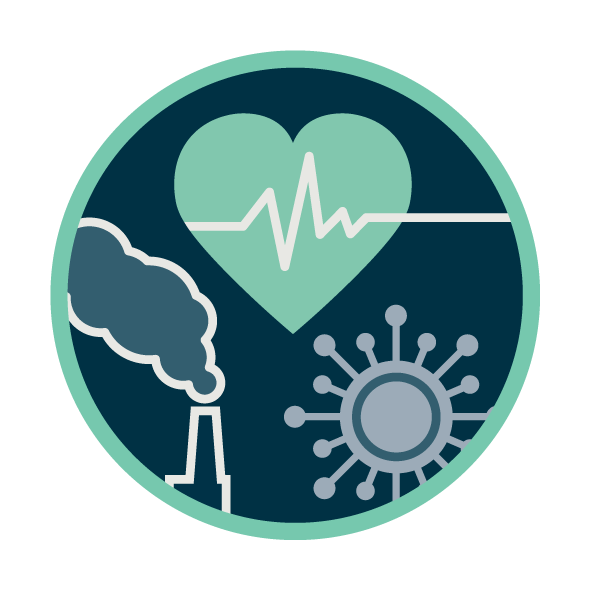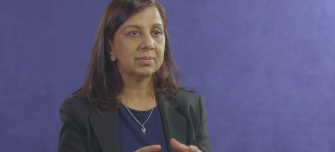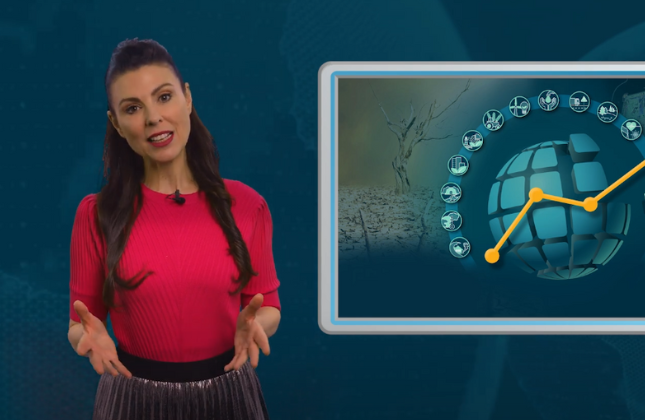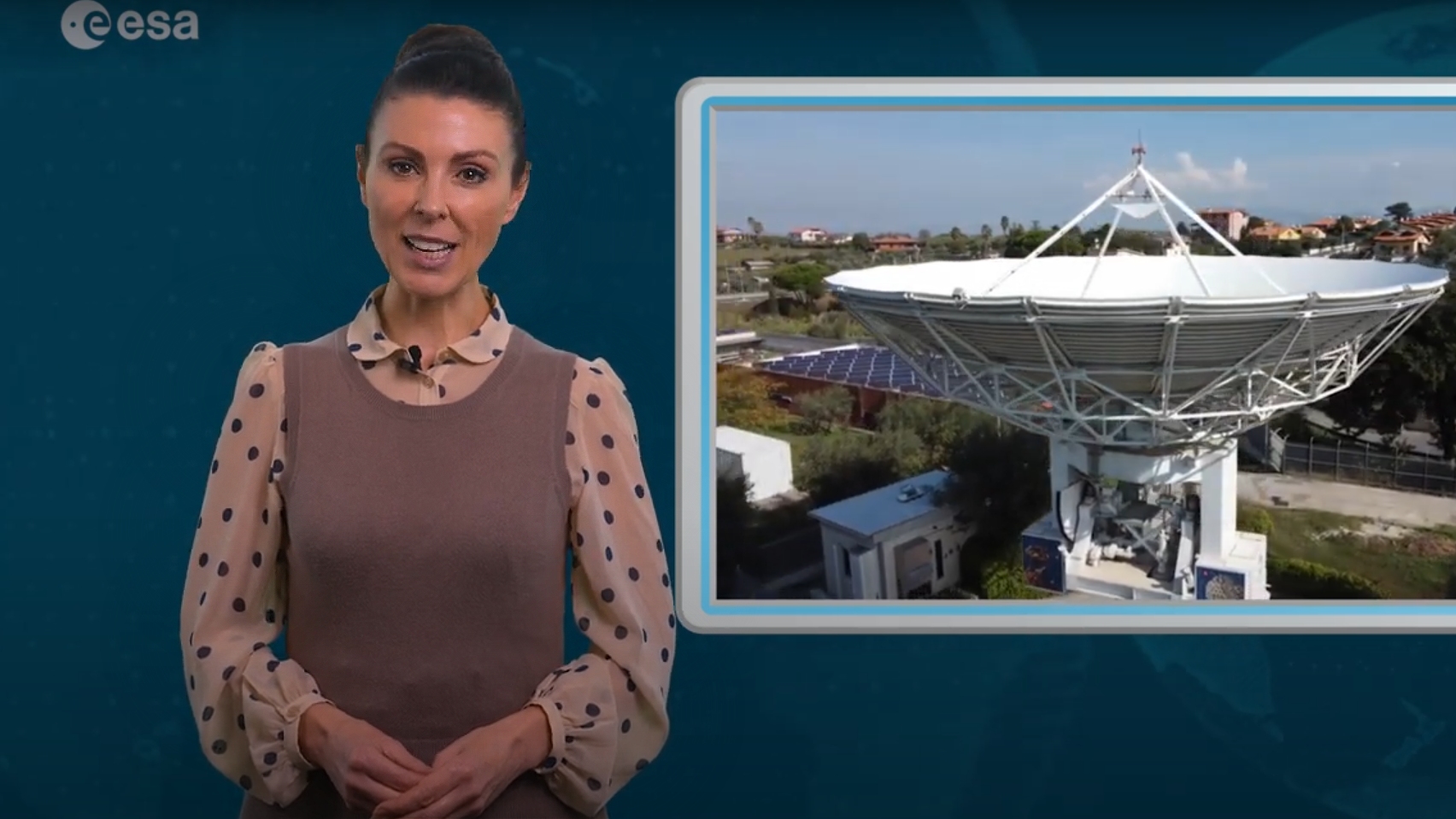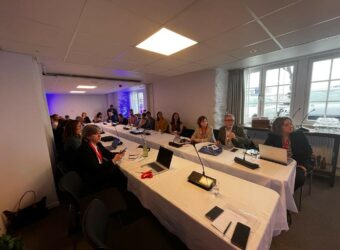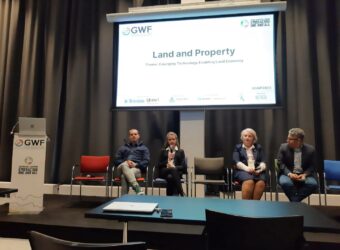After agreeing on the supported projects in the International Financial Institutions (IFIs) during the User Requirements Review (URR) in July, the GDA AID Fragility consortium and the IFIs counterparts met again for the Mid Term Review at the European Space Agency Centre for Earth Observation (ESRIN) on 27 October 2022.
The Mid-Term Review meeting is a key milestone that intends to check the status of the project following the identification of use cases during the URR meeting. Over the past few months, dedicated teams have been created to develop a detailed work-plan that includes the preliminary design of the deliverables. Moreover, these teams have been able to collect datasets and to perform analyses in order to obtain some results corresponding to the first iteration of the project, which is implemented following an agile development approach. During the Mid-Term Review meeting, the developed Earth Observation products were discussed and refined together with the users.
The current status and the first outcomes were discussed together with ESA and IFIs representatives in order to plan accordingly the second iteration of the project. In terms of application development, the challenge for the second iteration is to “design” Earth Observation data into actionable products that can directly be used by the IFIs to support their needs.
Besides the products development and Use Cases deployment, the coming months will also be dedicated to the collection of user feedback in order to ensure that users’ needs are properly captured and addressed. This step is also essential to identify priorities for the next round of operations, as well as recommendations for the GDA programme in the medium and long term.
The meeting was attended on site by the ESA GDA AID Fragility Technical Officer (Michela Corvino), IFI representatives from Asian Development Bank (Elizabeth De Benedetti and Valeria Fabbroni), from the Food and Agriculture Organization (Mrs Sandra Corsi), as well as consortium members from CGI, DLR, e-GEOS, Janes and Vito. Representatives from the World Bank (Paul Prettitore and Jeffrey Tanner) as well as other colleagues from the consortium (including Hensoldt representatives) joined remotely via videoconference.
